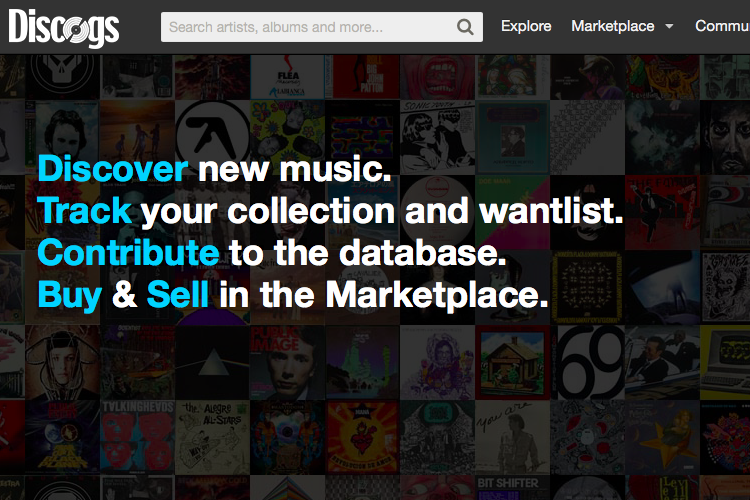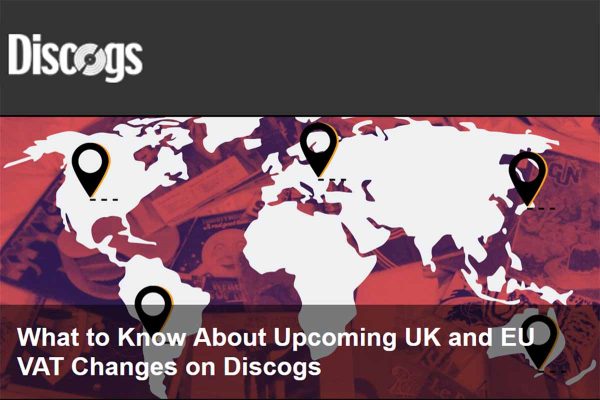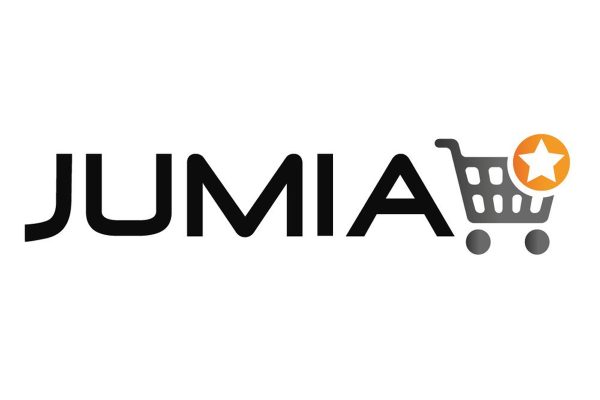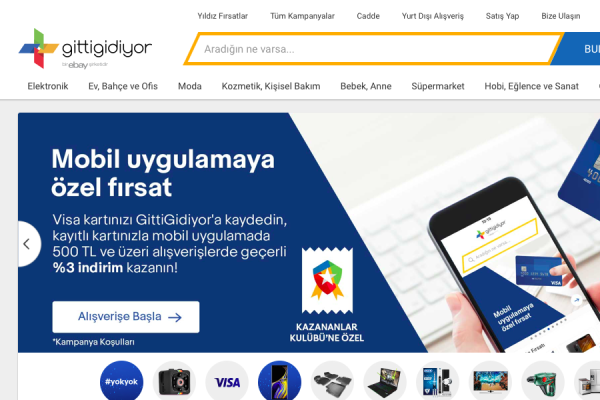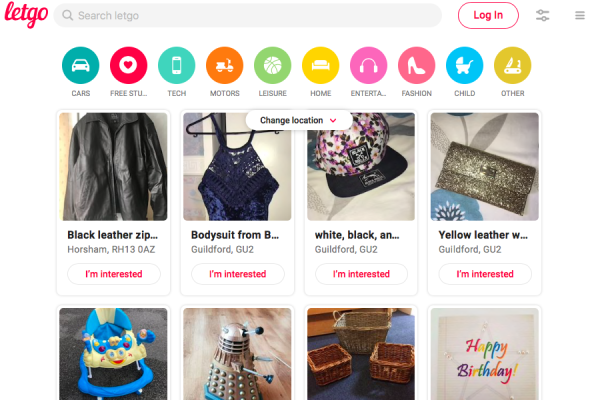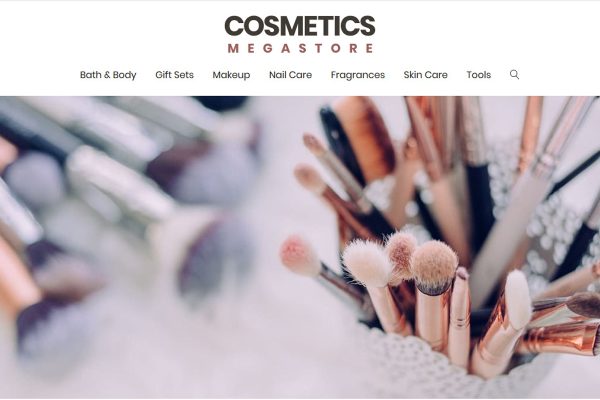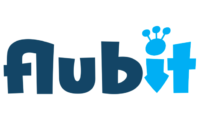 Continuing our Marketplaces 2018 series, today we look at the Discogs music marketplace. To find a full list of marketplaces we’ve written about already, visit our Marketplaces 2018 page here.
Continuing our Marketplaces 2018 series, today we look at the Discogs music marketplace. To find a full list of marketplaces we’ve written about already, visit our Marketplaces 2018 page here.
Marketplaces 2018 is produced in association with Flubit.com, the largest UK owned marketplace to sell your inventory on.
Web address: Discogs.com
Marketplace Overview
Discogs is a specialist music marketplace where all formats are welcome for sale. It was started as a hobby project in 2000 by Kevin Lewandowski and now is a well respected niche marketplace that’s popular with discerning buyers and sellers of rarer and sought after recordings. It’s based in the USA but overseas buyers and sellers are welcome.
They say that the site has 4.9 million monthly active users and receives over 15 million unique monthly visitors. They claim to sell 19,000 items per day in the marketplace with total sales in 2017 coming in at $200 million.
The origin of the name comes from the word discography, which they define as the study and cataloguing of phonograph records or a comprehensive list of the recordings made by a particular performer or of a particular composer’s works.
One aspect of selling on this marketplace that the owners are very keen to explain is the unique database that underpins it:
The heart of Discogs is a user-built database of music. More than 432,000 people have contributed some piece of knowledge, to build up a catalog of more than 10,400,000 recordings and 5,900,000 artists. The Marketplace connects buyers and sellers across the globe. With more than 23 million items available and thousands of sellers, this is the premier spot from new releases to hard to find gems. Because the Marketplace is built on top of the accurate Discogs database, it is easy for sellers to list their inventory and buyers are able to specify the exact version they want.
– Discogs
Seller registration and requirements
Anyone can register to sell on the marketplace and there is no need to be screened or approved but all sellers require a verified PayPal account, which won’t represent a barrier to a registered and established eBay merchant. You can find out more here.
Product listings and fulfilment
You create listings yourself using the all-important information in the database and merchants take care of fulfilment themselves too. There are no listing fees. But successful sales are charged an 8% fee (based on your item sales price in USD), with a minimum of $0.10 and a maximum of $150. And don’t forget to add PayPal fees.
They also support CSV listings in bulk if you have an existing catalogue.
Buyers can pay via an Adyen-powered system too as we wrote about previously here.
This short video gives you a quick run through of the listing and selling process on Discogs:
Tamebay’s take on the Discogs marketplace
If you are an established marketplace seller in the CD and vinyl vertical this marketplace is well worth exploring. We’ve certainly heard from sellers in the past using Discogs who praise it as a great way to get good prices on British music items from buyers in the USA and elsewhere. So a willingness to export is required if you want to make the best of it.
